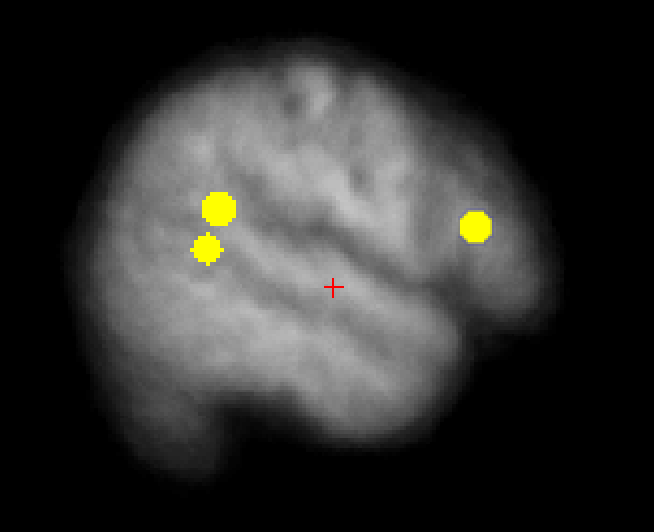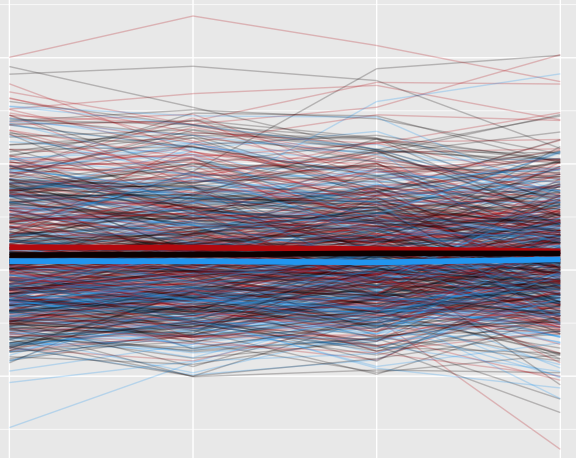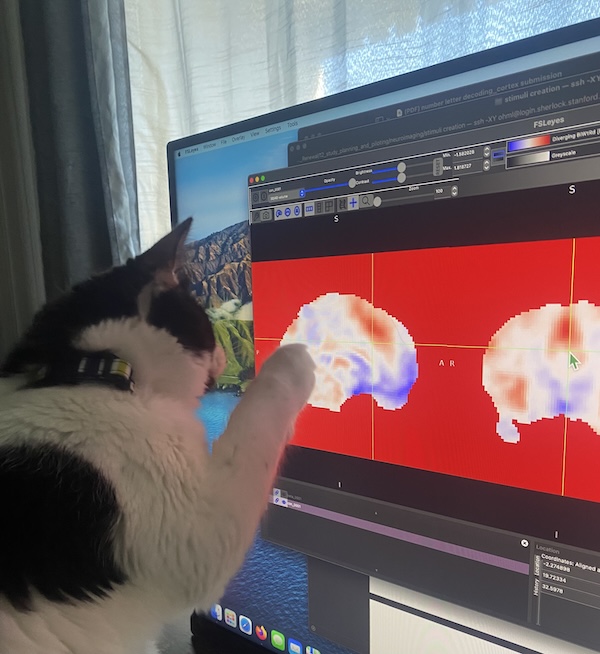Sitemap
A list of all the posts and pages found on the site. For you robots out there is an XML version available for digesting as well.
Pages
Posts
Blog Post number 1
Published:
This is a sample blog post. Lorem ipsum I can’t remember the rest of lorem ipsum and don’t have an internet connection right now. Testing testing testing this blog post. Blog posts are cool.
portfolio
Using Genetic Similarity Quantified by Kinship Coefficients to Investigate Familial Contributions to Reading Disorder
My dissertation project concerns the unique contribution of family history of reading disability to children’s own reading outcomes and cortical morphometry.
Using machine learning models to construct growth charts of brain development, and to help identify functional brain network abnormality in dyslexia
An original research project which uses functional magnetic resonance imaging (fMRI) scans from children ages 6-13, taken during a naturalistic movie-watching paradigm, and constructs brain growth charts derived from functional connectivity matrices.
publications
The importance of family history in dyslexia.
Published in The Reading League journal, 2022
Recommended citation: Lasnick, O., Feng, J., Quirion, A., Hart, S.A., Hoeft, F. (2022). The importance of family history in dyslexia. The Reading League journal, 3(2), 35-42.
Event-Related Potential Studies of Reading in Relation to Developmental Dyslexia: A Systematic Review.
Published in Open Science Framework, 2022
Recommended citation: [Preregistration] Clement-Lam, S. S.-Y., Lasnick, O., Mitra, A., Kinnie, B., Lyon, C., Luo, J., Kearns, D., Hoeft, F. (2022, May 30). Event-Related Potential Studies of Reading in Relation to Developmental Dyslexia: A Systematic Review. OSF Preregistration: https://osf.io/dbgc3.
Using Genetic Similarity Quantified by Kinship Coefficients to Investigate Familial Contributions to Reading Disorder.
Published in Open Science Framework, 2023
Recommended citation: [Preregistration] Lasnick, O.H.M. (2023, August 7). Using Genetic Similarity Quantified by Kinship Coefficients to Investigate Familial Contributions to Reading Disorder. OSF Preregistration: https://doi.org/10.17605/OSF.IO/3H6PT.
Left-dominance for resting-state temporal low-gamma power in children with impaired word-decoding and without comorbid ADHD.
Published in PloS one, 2023
Recommended citation: Lasnick, O., Hancock, R., Hoeft, F. (2023). Left-dominance for resting-state temporal low-gamma power in children with impaired word-decoding and without comorbid ADHD. PloS one, 18(12), e0292330. https://doi.org/10.1371/journal.pone.0292330.
Sensory temporal sampling in time: an integrated model of the TSF and neural noise hypothesis as an etiological pathway for dyslexia.
Published in Frontiers in Human Neuroscience, 2024
Recommended citation: Lasnick, O.H.M., Hoeft, F. (2024). Sensory temporal sampling in time: an integrated model of the TSF and neural noise hypothesis as an etiological pathway for dyslexia. Frontiers in human neuroscience, 17, 1294941. https://doi.org/10.3389/fnhum.2023.1294941.
Modeling delays in neurodevelopmental maturity of the reading network using support vector regression on functional connectivity data.
Published in TBD, 2024
Recommended citation: [In prep] Lasnick, O., Kamal, S., Marrouch, N., Low, S, Hoeft, F. Modeling delays in neurodevelopmental maturity of the reading network using support vector regression on functional connectivity data.
talks
ERP studies of reading in relation to developmental dyslexia: a systematic review.
Published:
This poster was presented in-person at the annual Congress of the Flux Society for Developmental Cognitive Neuroscience, during September 6-9, 2023.
teaching
Teaching Assistant
Graduate-level course, University of Connecticut, Department of Psychological Sciences, 2021
Served as TA for a graduate-level course, PSYC 3503/5171 (taught by Professor Whitney Tabor), which taught modeling of cognitive processes and complex systems using the Python programming language. Student assignments and the final project consisted of regular programming exercises written in Python.
- Held regular weekly office hours to assist students with assignments
- Graded assignments and final projects
- Gave a guest lecture on Python programming fundamentals
Instructor, Ask A Brain Scientist Series
Educational outreach program for children aged 8-13, University of Connecticut, Department of Psychological Sciences, 2022
Served as instructor for the Ask A Brain Scientist series, run by Professor Fumiko Hoeft. The series is an excellent opportunity for kids aged 8-13 to learn about their brains from the very people doing cutting-edge research!
- Gave a guest lecture on the neurobiology of learning and memory
- Served as a facilitator when the children had questions during other guest lectures
- Evaluated final projects
